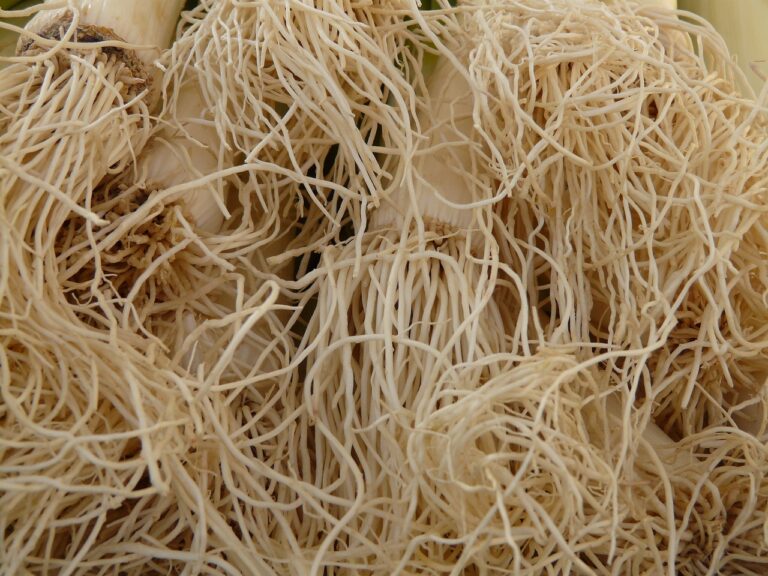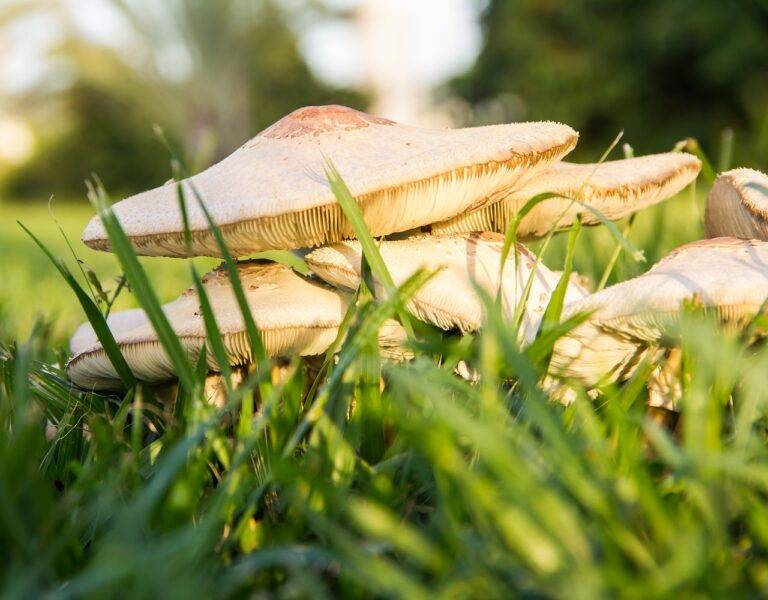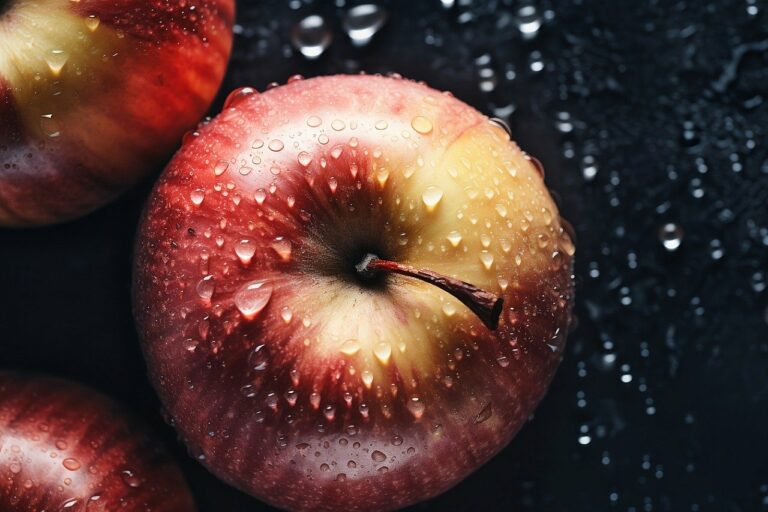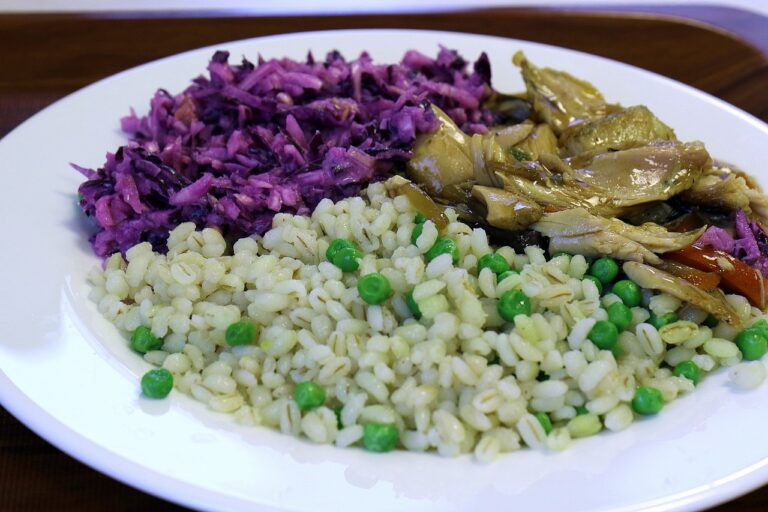The Surprising Benefits of Eating Insects: A Sustainable Protein Source?
Insects are a highly nutritious food source that can provide a range of essential vitamins and minerals for our bodies. They are rich in protein, containing all the essential amino acids that our bodies need to function properly. Insects also contain healthy fats, including omega-3 and omega-6 fatty acids, which are important for heart health and brain function. Incorporating insects into your diet can help diversify your nutrient intake and contribute to a more balanced and healthy eating plan.
Furthermore, insects are a sustainable protein source that requires significantly less land, water, and resources to produce compared to traditional livestock like cows or pigs. By choosing to incorporate insects into your diet, you can help reduce the environmental impact of food production and support more sustainable agricultural practices. Embracing insects as a food source is not only beneficial for your health but also for the planet as a whole.
The Nutritional Value of Insects
Insects are gaining popularity as a sustainable and nutrient-rich source of food. They are packed with high-quality proteins, essential amino acids, healthy fats, and vitamins and minerals. For example, crickets are known to be excellent sources of protein, containing almost as much protein as beef but with less fat. Additionally, insects like mealworms are rich in calcium, iron, and B vitamins, making them a well-rounded nutritional option.
Furthermore, the nutritional value of insects extends beyond their macronutrient content. Many insects are also rich in beneficial compounds such as chitin, a type of fiber that may promote gut health and aid in digestion. Insects like grasshoppers and crickets are low in carbohydrates and can be a great alternative for those looking to reduce their carb intake while still maintaining a balanced diet. The diverse nutrient profile of insects makes them a promising option for enhancing the nutritional quality of meals.
Environmental Impact of Choosing Insects as a Protein Source
Insects offer a sustainable protein source that requires significantly less land, water, and feed compared to traditional livestock such as cows and pigs. This reduced resource demand of insect farming translates to lower greenhouse gas emissions, making it a more environmentally friendly option for protein production. Additionally, insects have a high feed conversion rate, meaning they efficiently convert feed into body mass, further reducing their environmental impact.
Furthermore, the production of insects as a protein source generates minimal waste, as most parts of the insect can be utilized. This contrasts with traditional livestock farming, where a significant portion of the animal is often discarded. By choosing insects as a protein source, we can minimize waste and contribute to a more sustainable food system that is better equipped to meet the needs of a growing global population.
What are some benefits of incorporating insects into your diet?
Some benefits of incorporating insects into your diet include their high protein content, low environmental impact, and potential to address food security issues.
What is the nutritional value of insects?
Insects are a rich source of protein, vitamins, minerals, and healthy fats. They also contain essential amino acids that are important for human health.
How do insects compare to traditional protein sources in terms of environmental impact?
Insects have a much lower environmental impact compared to traditional protein sources like beef, pork, and poultry. They require less water, land, and feed to produce the same amount of protein.
Can choosing insects as a protein source help reduce greenhouse gas emissions?
Yes, choosing insects as a protein source can help reduce greenhouse gas emissions. Insects produce fewer greenhouse gases compared to traditional livestock and require less resources to produce.
Are there any risks associated with consuming insects?
While consuming insects is generally safe for most people, individuals with allergies to shellfish or dust mites may also be allergic to insects. It is important to source insects from reputable sources to ensure food safety.







